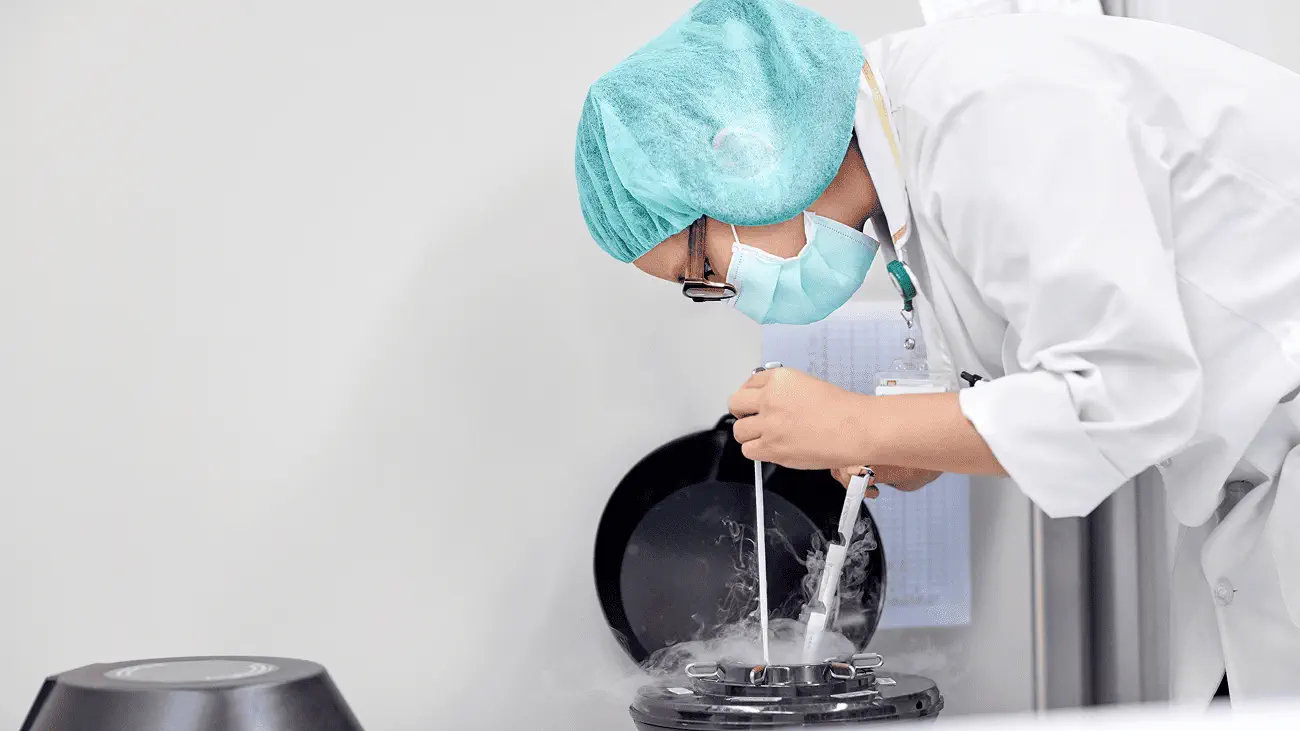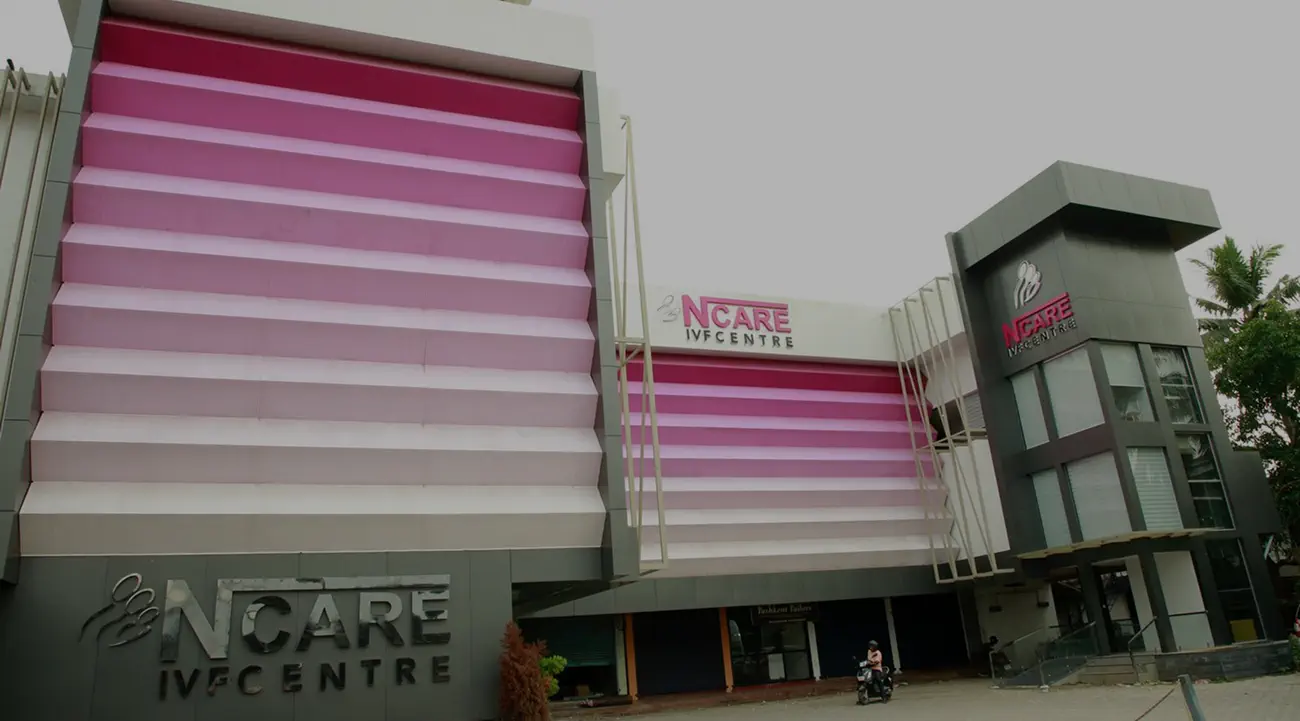Who Can Benefit from Fertility Preservation?
- Women wishing to delay childbearing
- Women with medical conditions requiring fertility protection (cancer treatment, endometriosis surgery, etc.)
- Couples undergoing IVF, wishing to store embryos for future use
- Men undergoing medical treatments or surgeries that may affect fertility
- Individuals in high-risk occupations or with lifestyle factors impacting fertility

Egg Freezing (Oocyte Cryopreservation)
Egg freezing is an excellent option for women who wish to preserve their fertility for future use.
Ideal Candidates:
- Women under 35 looking to delay motherhood
- Women diagnosed with conditions affecting fertility (PCOS, endometriosis)
- Women undergoing chemotherapy or other treatments that can harm ovarian reserve
How It Works:
- Ovarian stimulation with fertility medications
- Egg retrieval via a minor outpatient procedure
- Vitrification (fast-freezing) of mature eggs for long-term storage
Benefits of Egg Freezing:
- Allows women to conceive with their own eggs later in life
- Prevents age-related decline in egg quality
- Non-invasive beyond the initial retrieval and medication cycle
Embryo Freezing
Embryo freezing is often part of IVF cycles, where excess embryos are preserved for future pregnancies.
Ideal Candidates:
- Couples undergoing IVF with surplus high-quality embryos
- Couples planning to delay implantation due to medical or personal reasons
- Individuals undergoing fertility preservation before cancer treatment
How It Works:
- Eggs are fertilized with sperm in the lab
- High-quality embryos are frozen using vitrification
- Stored safely for use in future IVF cycles
Benefits of Embryo Freezing:
- High survival rates with vitrification
- Convenient for planning second pregnancies without undergoing another stimulation cycle
- Reduces the need for repeated IVF cycles
Sperm Freezing
Sperm freezing (sperm cryopreservation) is a simple, non-invasive process that allows men to preserve their fertility.
Ideal Candidates:
- Men undergoing chemotherapy, radiation, or surgeries impacting fertility
- Men with low sperm counts or declining fertility
- Men who are away due to professional commitments or lifestyle constraints during fertility treatments
How It Works:
- Semen sample collection
- Evaluation of sperm quality and motility
- Freezing and storage in liquid nitrogen for long-term use
Benefits of Sperm Freezing:
- Easy, quick, and completely non-invasive
- Long-term storage (over 10 years with no decline in viability)
- Can be used in IUI, IVF, or ICSI treatments in the future
Take control of your fertility with safe and reliable preservation.
Why Choose NCare IVF Kannur, Kerala for Fertility Preservation?

Advanced Freezing Technology
Vitrification and liquid nitrogen storage for superior survival rates.

Highly Experienced Embryologists
Expert handling for delicate reproductive material.

Secure Long-Term Storage
Reliable cryostorage facilities with continuous quality checks.

Personalized Fertility Planning
We guide patients with tailored fertility preservation strategies.

Trusted Care
Confidential, professional, and compassionate fertility care in Kannur.

Success Rates of Freezing & Preservation
- Egg Freezing:– Best success rates when eggs are frozen before age 35; high thaw survival rates (90–95%).
- Embryo Freezing: – Embryos frozen via vitrification have implantation rates comparable to fresh transfers.
- Sperm Freezing: – Sperm remains viable for decades with successful outcomes in assisted reproduction.
Frequently Asked Questions
They can be stored for 10+ years without loss of quality, as per medical guidelines.
Yes, with modern techniques, frozen reproductive material maintains high viability and success rates in future treatments.
The most successful outcomes occur when eggs are frozen between ages 25 and 35.
No. Sperm freezing and thawing preserve motility and function for use in IUI, IVF, and ICSI.
They will be thawed and used in assisted reproductive treatments with guidance from your fertility specialist.
Copyright © NCare IVF




